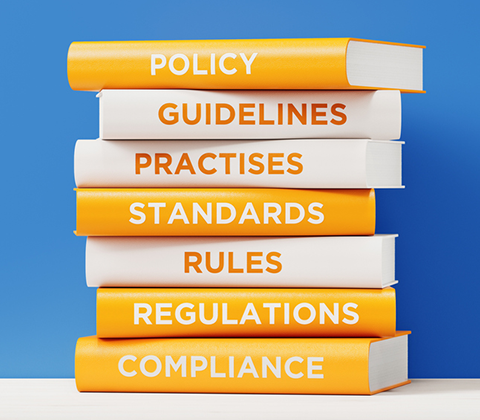With more information on promised reforms slowly surfacing, it was no surprise that the Queen’s Speech would feature some new information for landlords and tenants in England, but details remain sketchy and besides some basic information, there was little concrete information.
What is the Private Rental Portal?
Simply put, the private rental portal (PRP) is likely to be a searchable database of all rental properties in England, along with information on the owner of the property, the company managing it and contact details for the appropriate individual or company.
What additional information will be provided remains to be seen, but it is likely to at least cover areas of legislative compliance such as safety certification, energy efficiency and issues related to the ‘Decent Homes Standard’. In this regard, it will be interesting to see whether the ‘property passport’ proposed by the head of the National Residential Landlords Association (NRLA), Ben Beadle, will play a part in available documentation. On the subject of the passport, Beadle had this to say:
“The passport would not mean more regulation, but would instead see landlords collate all documentation regarding each tenancy and related paperwork on safety and standards in one place. Tenants could the see at a glance if their landlords was [sic] fully compliant, without the need for new rules or legislation.”
As part of an equivalent system in Scotland, landlords on the register are required to display their registration number on all property listings in order to allow prospective tenants to easily check the history of both property and landlord – it would be strange if this requirement were not duplicated in England. For the PRP to achieve its aims, there needs to be a significant amount of useful information available to help both tenants and local authorities.
David Holmes, senior policy adviser for the private rented sector at the Department for Levelling Up, Housing and Communities (DLUHC), said of the portal:
“It could provide more data to give local authorities accurate information on private rental properties, and support the targeted enforcement of standards based on a better understanding of the stock.
“Also, it could improve private landlords’ awareness of their obligations and be a conduit for communicating changes and provide tenants with more information on the standards of properties they are viewing and obligations a landlord could owe to them.”
While the private rental sector has seen many recent changes to legislation as punitive, there are clear advantages to this over the more costly licencing initiatives that have attempted to clear the industry of bad actors. However, much of its usefulness to both the industry and to tenants will rely on its implementation.
What this means for Wirral landlords
For the moment, there are no imminent changes, but, in the medium-term, there will likely be slightly more bureaucracy to content with. Again, however, how much will depend on implementation. The correct systems could see integration with changes brought about by the ‘making tax digital’ initiatives, with property passports handled in a central location and managed from a dashboard, while poor implementation could see weeks of photocopying and sending documents back and forth to various government offices.
Such a huge change, combined with the recently discussed loss of more than ninety thousand civil servants, seems to be suggestive of a government that has failed to give sufficient thought to the project before announcing it for the headlines. As such, it would be beneficial for landlords to start ensuring that they are maintaining a well organised and, where possible, duplicated file of relevant documentation in an effort to plan for the worst while the whole sector hopes for the best.
Need help making sure your paperwork is up-to-date and futureproofed against changing legislation? Contact Us to see how we can help take the pressure out of your portfolio.









